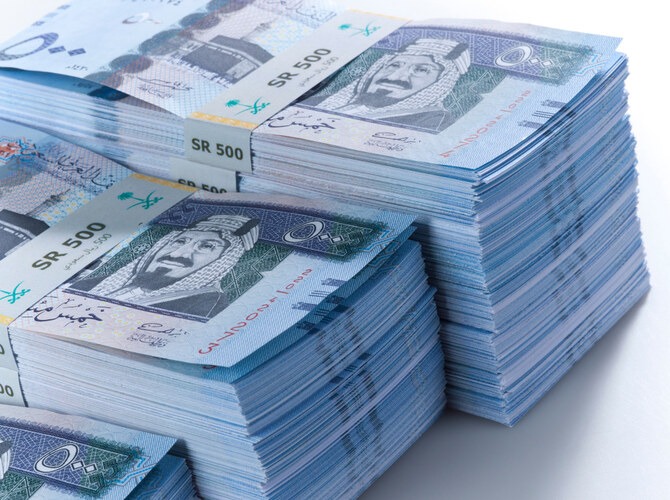Saudi Arabia’s NDMC closes August sukuk issuance at $1.60bn

Saudi Arabia’s National Debt Management Center has completed its riyal-denominated sukuk issuance for August at SR6.018 billion ($1.60 billion), representing an 87.22 percent rise compared to July.
The figure was the third highest this year, next to SR8.82 billion issued in January and SR7.39 in April.
In July, Saudi Arabia concluded the issuance of the Islamic financial instruments at SR3.21 billion, while it amounted to SR4.4 billion and SR3.23 billion in June and May, respectively.
Sukuk, also known as an Islamic bond, is a Shariah-compliant debt product through which investors gain partial ownership of an issuer’s assets until maturity.
Establishing an unlimited riyal-denominated Islamic bond initiative under the NDMC is part of the Kingdom’s Sukuk Issuance Program, which started in 2017.
In its latest statement, NDMC said the August offerings were divided into five tranches.
The first tranche was valued at SR2.818 billion and is set to mature in 2029, while the second amounted to SR1.992 billion maturing in 2031.
The third tranche’s value stood at SR152 million, maturing in 2034, while the fourth was valued at SR415 million, with a maturity date in 2036.
The fifth tranche had a size of SR642 million, maturing in 2039.
The announcement from NDMC comes just weeks after Kuwait’s financial center, also known as Markaz, published its figures for bond and sukuk issuance across the Gulf Cooperation Council region for the first half of 2024.
In July, Markaz said that the Kingdom was the leading player in the Islamic bond market in the first half of this year, raising $37 billion through 44 issuances.
In April, another report released by credit rating agency S&P Global noted that the issuance of these Islamic financial instruments globally is expected to hover between the $160 billion to $170 billion mark in 2024, holding steady compared to the $168.4 billion seen in 2023 and $179.4 billion in 2022.
The US-based agency noted that this growth in the sukuk market will be driven by financing needs in core Islamic finance countries, along with the ongoing economic transformation programs currently progressing in countries such as Saudi Arabia.


